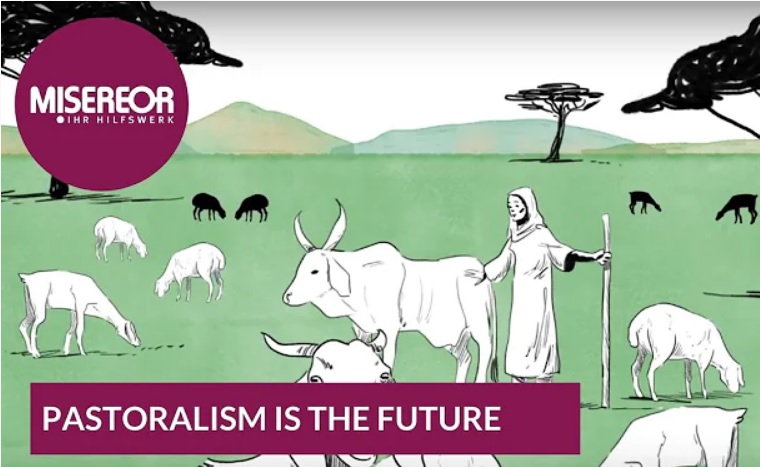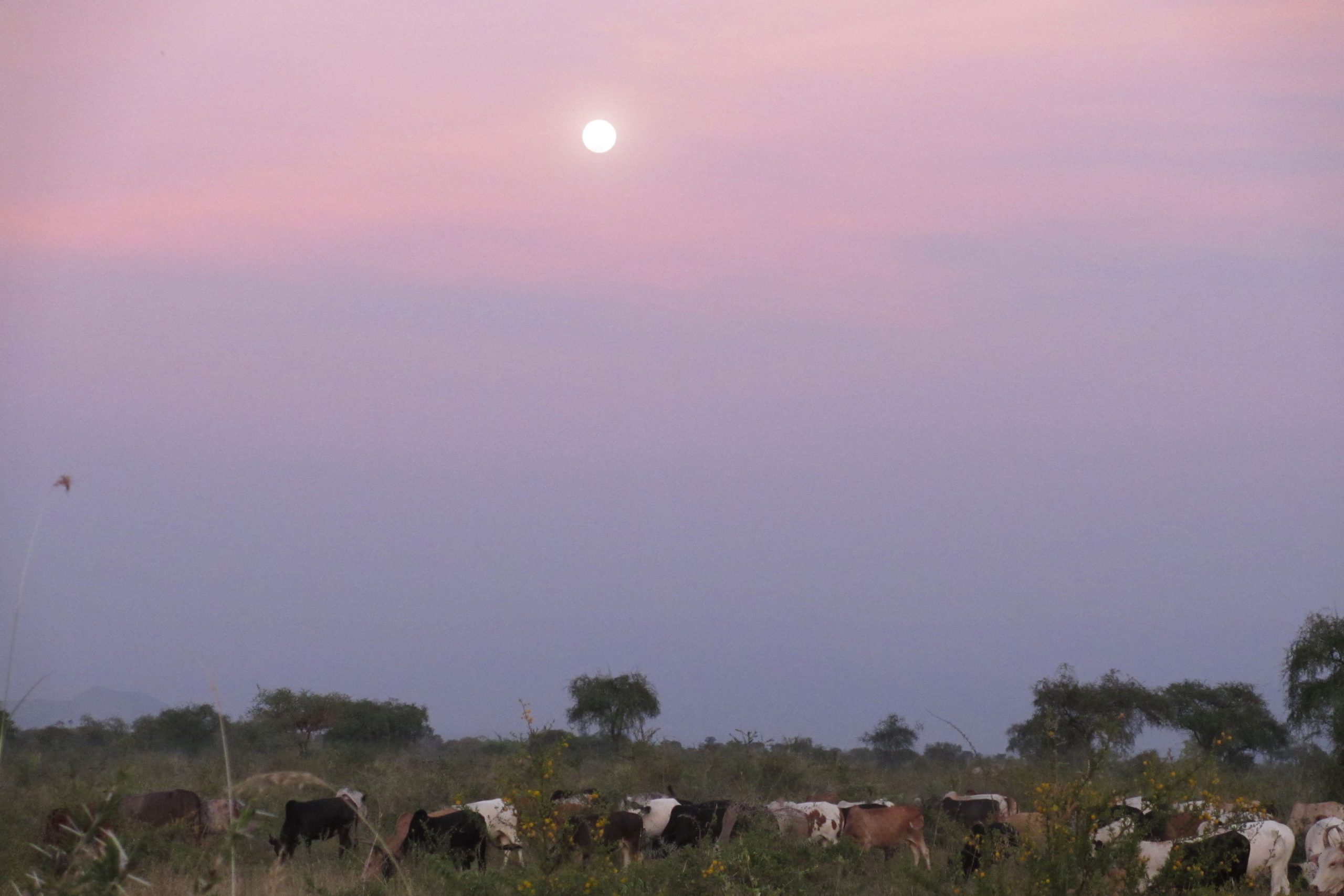
Global, 2021, 2 min
Pastoralism is the future
CELEP (Coalition of European Lobbies for Eastern African Pastoralism)
Man-made climate change is creating conditions on our planet that are increasingly characterised by variability and unpredictability. Pastoralists use variability to their advantage. Their production systems guide us to a sustainable future. This video was created in support of the International Year of Rangelands & Pastoralists (IYRP) 2026.
Subtitles in Arabic, Catalan, Chinese, German, Hindi, Italian, Spanish and Mongolian).
Also available in French, Fulfulde, Swahili and Amharic
Scenario by Saverio Krätli, Vétérinaires Sans Frontières Belgium, Agrecol and Misereor; funded by Misereor and the Belgian Government; produced by Cartoonbase Belgium.




